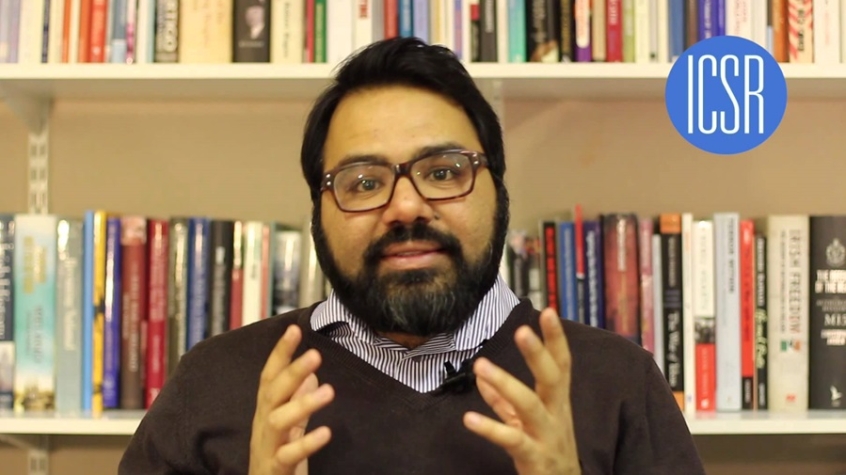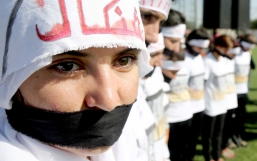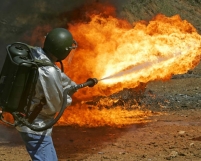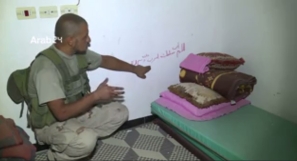
Despite all the reported gains being made by the U.S.-led coalition in the war against the Islamic State (ISIS), a former Islamic extremist who is now working in counter-terrorism says the West is actually losing the war.
"We're losing," said Shiraz Maher, a former member of Islamist group Hizbut Tahrir, speaking last week in London while promoting his book, "Salafi-Jihadism: The History of an Idea," according to World Watch Monitor.
"The Syrian crisis is a huge disaster for everybody. Only the jihadists are winning. These groups are very entrenched, they aren't going anywhere. ISIS is not suffering any kind of existential threat," said Maher, a senior research fellow at the International Centre for the Study of Radicalisation at King's College, London.
He said ISIS will not stop its global campaign of terror until it has "exterminated" all Christians and other religious groups in the world.
"They're on a mission—a programme of extermination—to wipe out everyone else," Maher said, adding that wiping out Christians is particularly "very important" for ISIS.
Maher said the jihadist group's greatest strength is its ability to easily attract people to its cause even with just a "token" understanding of its theology.
He thinks ISIS will continue to hold on to the city of Mosul in Syria "for some time yet," noting that "for the past year Iraq's army has been saying they'll recapture it in three months' time" to no avail.
He said the same stalemate is true in the de facto ISIS capital of Raqqa. To lose either of these bases would constitute an "existential threat" to the jihadist group, but this is not happening.
Maher said the other territories recaptured from ISIS are actually expendable.
He said ISIS is much more powerful than Al-Qaeda, which he said has changed its tactics to a "more pragmatic" approach aimed at gaining public support.
He noted Al-Qaeda's recent suspension of Islamic punishments in the areas it governs in Syria's north-western Idlib province. This is in stark contrast with the continued brutality in ISIS-ruled territories.
Al-Qaeda, Maher said, is able to justify its relative leniency by citing an Islamic doctrine that says punishments can be suspended "in times of calamity."
He said unlike Al-Qaeda, which produced "hundreds of pages of booklets to explain or justify its actions," ISIS can simply boast about its actions with a short video or one-paragraph press release to be able to generate more support.
Maher warned that the "genuine public support" that exists for both ISIS and al-Qaeda will make them "much more intractable in the long run."

















